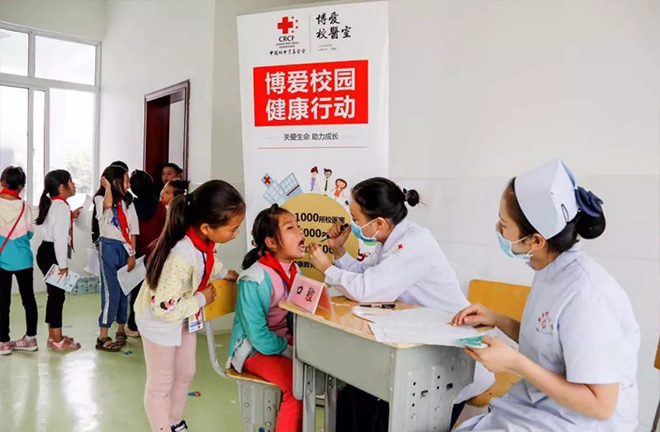Health literacy crucial in fight against major infectious diseases

FILE PHOTO: Education activities about health literacy have been widely carried out in Hunan Province.
Since December 2019, the outbreak of COVID-19 across the world has drawn great attention. It was officially recognized as a public health emergency of international concern by WHO on January 31, 2020. The suddenly occurred pandemic, with the virus being highly contagious, and fast spreading, has posed a great threat to the public’s physical and mental health. Inestimable losses to social, economic, and cultural development have been afflicted.
Health literacy as defined
To ensure the effectiveness of various counter-measures, taken by the government and social institutions to fight against a range of public health emergencies, a key issue is whether there is national health literacy. It can be a guarantee which allows the public to correctly understand emergencies, and improves the ability to safeguard against risks for their own safety.
Health literacy refers to individuals’ ability to obtain, understand, and process basic health information or services, and to use this information and services to make correct decisions for the benefit of their own health.
Several studies have found that promoting public health literacy through health education is of great significance in preventing and managing infectious diseases. It can also effectively reduce public panic and maintain social stability.
Public health literacy for major infectious diseases has three dimensions. The first one is one’s understanding of health, including physical health, mental health, a good state of social adaptation, and moral health. The second dimension is health information, including disease-related knowledge, such as symptoms, transmission routes, treatment, infectivity, and so forth. The third dimension is the basic skills and lifestyle for disease prevention and control, such as reasonable exercise and a balanced diet.
Health education helped
Previous surveys have found that Chinese residents’ level of health literacy is still low, and the literacy index regarding infectious disease prevention and control is only 17.05%.
To reduce such difficulties, health education and knowledge dissemination will help build healthy behaviors among the public. For example, during the period of SARS, Shenzhen Health Education and Promotion Center (formerly Shenzhen Health Education Institute) greatly improved the citizens’ awareness of infectious diseases prevention by carrying out education activities about health knowledge. As a result, there were only 53 confirmed cases in Shenzhen (while there were more than 7 million people in the city), which was sandwiched between Hong Kong Special Administrative Region and Guangzhou, the two pandemic-stricken areas, and no mass outbreaks of infection occurred.
Channels of health knowledge
To expand channels of education about health literacy, the following approaches can be adopted.
The first step is to provide relevant education information through the mobile internet, for example, by means of WeChat public accounts, TikTok videos, Weibo, e-handbooks, and other online platforms.
Health organizations can also carry out drills to train the public in health literacy skills needed to prevent major infectious diseases. By preparing in advance to counter risks through drills, the daily learned theories can be effectively applied in practice.
Moreover, it is necessary to optimize our education information system for infectious disease prevention and control, such as the emergency-response information system, immune planning monitoring system, laboratory management information system, chronic disease monitoring and prevention information system, platform for disease-control file exhibition, the rear service support information platform, and so forth. By fostering interconnection between various databases which report infectious diseases, for health management, and health education, we can provide customized intervention methods and solution strategies for different individuals.
Wang Jingze and Wuqing are from the College of Humanities & Social Development at Northwest A&F University and Division of Education at East China Normal University, respectively.
Edited by BAI LE
